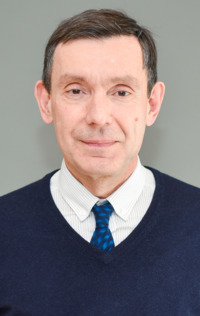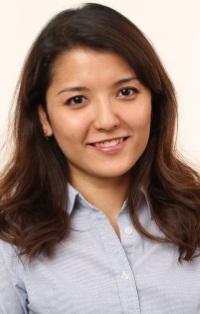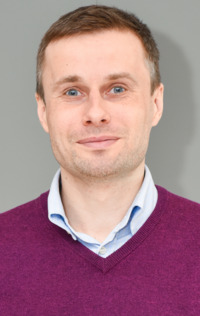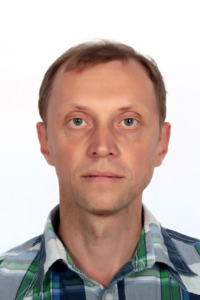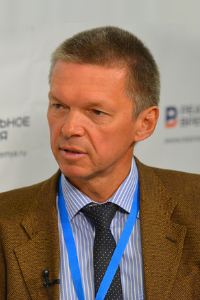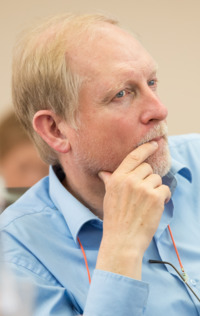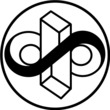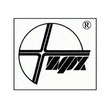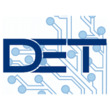2years
of study
120 ECTS Full-time mode
Tuition fee is 380 000 rubles per year (relevant for 2023/24 academic year).
Minimal entrance score is 40 points.
Program
Our Program produces highly qualified researchers in the field of quantum materials science, who have deep knowledge of physics of artificial and natural materials, of superconducting electronics, qubits and superconducting sensors, nanophotonics devices, and biological objects.
The key advantages of the program
The focused educational track
For each student, we form a scientific and educational track based on his research interests, which allows him to concentrate on scientific work and deepen the required knowledge in particular disciplines.
The scientific research background
Throughout the course, students investigate the new physical phenomena — the effects of size quantization in low-dimensional systems, in particular: the quantum Hall effect, quantum charge fluctuations, Coulomb blockade and Landauer quantum conductance of the contacts of atomic size, the Wigner-Dyson statistics of electronic energy levels in the nanoclusters, the Rabi oscillations in two-level systems, the spectra of quantum dots, wells and wires in a magnetic field, phonons in fractal structures, Einstein modes in thermoelectric semiconductor materials with complex crystal cell, etc.
The program is specifically tailored for students with a scientific background in general and theoretical physics. Still, it does not necessarily involve training in condensed matter physics as there are some introductory courses in: 1) modern quantum physics of solids, 2) electronic theory of metals, 3) technology and materials of quantum electronics, 4) spectroscopic methods of materials characterization.
Effective research supervision
Research work under the supervision of senior staff includes theoretical and experimental studies, publications in scientific journals, presentations and conferences for young scientists. Thus, supervisors encourage students to work and plan independently, give support and guidance, providing continuous motivation throughout the program. Students can also choose the supervisor based on their research topic and professional experience. This master’s program enables students to orient themselves in the modern scientific and applied research and development of quantum-sized materials and devices through the acquisition of skills in both theoretical calculations in the field of quantum physics of nanosystems and experimental measurements using modern equipment in the field of electron and scanning probe microscopy and spectroscopy.
Practice-oriented learning
Students work in teams for research projects and collaborate with scientists and students from other universities. In terms of scientific work, students have direct access to the latest advances in the development of nanostructures and use modern scientific equipment (training simulators, specialized software) during their research.
Publications in the first-quartile journals
Students actively publish their research papers, as well as co-authored articles in scientific journals with a high impact factor. We invite leading scientists as reviewers, and we also help students to increase the Hirsch index.
15
courses in the field of modern quantum physics of solids, metrology of cryogenic systems with superconducting sensors, superconducting circuits and qubits, mathematics of quantum computing algorithms, etc.
Research projects of the students include the following directions:
Superconducting metamaterials and their applications in the innovate superconducting electronics, quantum computer, theory of quantum information and quantum cryptography, ab-initio calculations for modeling and developing of new materials, machine learning of complex systems and quantum matter and many others.
Fundamental training via core and required courses:
- Modern Quantum Physics of Solids
- Mathematics of quantum technologies
- Technologies and Materials of Quantum Electronics
- Spectroscopic Methods for Analysis of Materials
- Interdepartmental courses:
- Foreign Language
- Project Management
- Management of Quality
Laboratories and research supervisors
Research supervisors
Alexey Basharin
PhD, Associate professor
Majors: metamaterials, plasmonics, nanophotonics, the Aaronov-Bohm effect, quantum meta-atoms, dielectric nanostructures, toroidal electrodynamics, microwaves and terahertz waves.
Supervision Plan: 1-2 students per year
+7 495 638-46-46
alexey.basharin@misis.ru
Doctor of physics and mathematics, professor at the Department of Theoretical Physics and Quantum Technologies, senior researcher at the Landau Institute for Theoretical Physics
Majors: theoretical methods of condensed matter physics, electronic properties of low-dimensional and highly anisotropic conductors, magnetic quantum oscillations in metals, magnetoresistance
Supervision Plan: 1-2 students per year
+7 495 955-00-62
grigoriev.pd@misis.ru
Doctor of physics and mathematics, professor, chair of the Department of Theoretical Physics and Quantum Technologies
Majors: quantum time crystals, quantum phase transitions, thermodynamics of lipid membranes
Supervision Plan: 1-2 students per year
+7 495 955-00-62
si.muhin@misis.ru
Alexey Valentinovich Ustinov
Doctor of physics and mathematics, head of the Superconducting Metamaterials Laboratory, professor of experimental physics at the Karlsruhe Institute of Technology, academic supervisor of the superconducting quantum circuits group (Russian Quantum Center).
Majors: long Josephson junctions and the physics of magnetic solitons — nonlinear waves in these structures
Supervision Plan: 1-2 students per year
+7 495 638-46-46
ustinov.av@misis.ru
Sergey Shitov
D.Sc., Chief Researcher
Majors: superconducting metamaterials for microwave and terahertz devices, development and research of superconducting microwave electronic devices based on them: detectors, amplifiers, generators
Supervision Plan: 1-2 students per year
+7 495 638-46-46
Shitov@misis.ru
Partners
Job opportunities
Throughout the program, students participate in research projects for the institutes of the Russian Academy of Sciences, National Research Center “Kurchatov Institute”, State Atomic Energy Corporation “ROSATOM”. The alumni pursue successful careers in nuclear, aerospace, and automotive industries, new materials research in Russia, Europe, USA, China and other countries.
FAQ
When do you start accepting new applications?
We start considering new applications for the next admission year in October. First interviews initiate in February and are conducted on a weekly basis till the end of July.
What documents are required to apply?
You are requested to submit the following admission documents:
- A scanned copy of the passport biographical page with the Notarized translation into Russian language;
- A scanned copy of the Bachelor diploma and Transcript with the notarized translation into Russian language;
- The Statement on standard medical form indicating no contraindications for studying in Russia, with note on results of HIV test with notarized translation into Russian language.
The Medical Certificate is expected to have the statements of the following medical specialists: therapist, surgeon, neurologist, otorhinolaryngologist, ophthalmologist, as well as the results of RW blood test and ECG.
To register for the interview it is enough to submit the originals of your passport bio-page and your Diploma with transcript as well as your motivation letter and CV in English.
What is the entrance exam?
The entrance exam is organized online in the form of interview. You will be expected to answer several questions related to the subject area. To get prepared use examination content at the top of the page.
What is minimum admission score?
To get enrolled a candidate has to score at least 40 points during the interview.
What is the application deadline?
New applications are accepted till August 8. Keep in mind that this is also the deadline to submit the complete admission documents pack with notarized translations.
How can I apply?
You need to fill out the application form via “Apply now” button.
How can I get scholarship?
Scholarships are available via Russian Governmental Scholarship program. Visit future-in-russia.com for more information. You can also take part in the International Competition ‘Open Doors: Russian Scholarship Project’ for prospective Master’s students.
